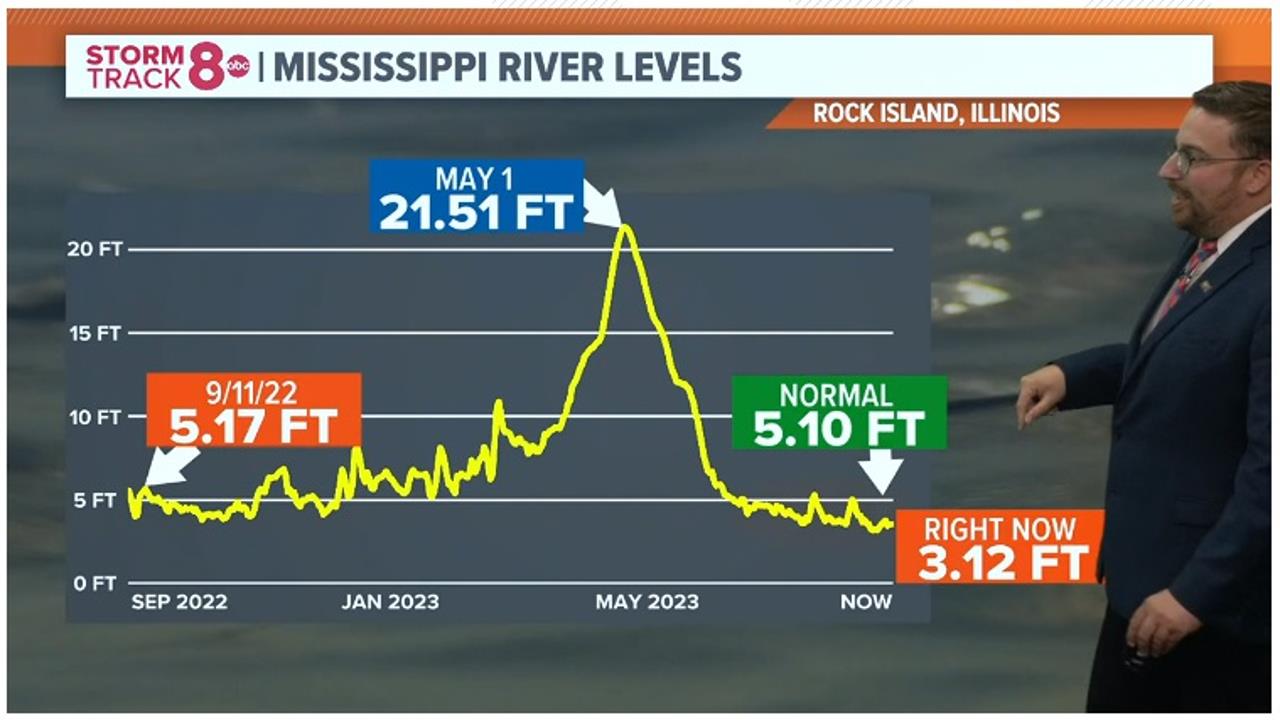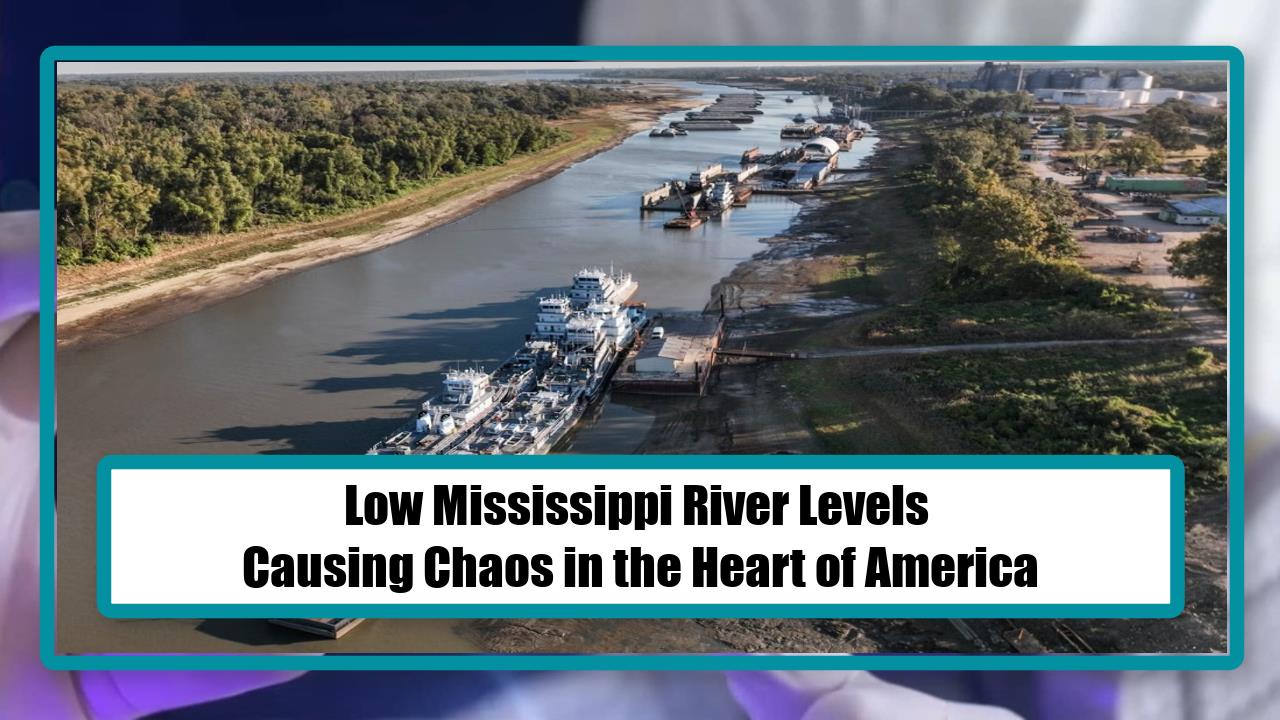Video:
Take our online poll:
AI Analysis:
The Mississippi River plays a significant role in shipping and transportation in the United States, particularly for goods and commodities transported by barge. The Mississippi River system is an extensive network of waterways that includes the Mississippi River itself, as well as various tributaries and canals. It serves as a crucial transportation corridor for a variety of products, including grain, coal, petroleum, chemicals, and other bulk commodities.
The impact of Mississippi barge shipping on overall shipping in America can be summarized as follows:
1) Bulk Commodities: The Mississippi River system is a primary conduit for the transport of bulk commodities, especially agricultural products like grain, soybeans, and corn. It is also used for coal, petroleum, and chemicals. The efficient and cost-effective transportation of these goods via barges helps keep transportation costs down, which can have a positive impact on the prices consumers pay for these products.
2) Export Economy: The Mississippi River system plays a significant role in facilitating the export of American agricultural products to international markets. This is particularly important for American farmers and agribusinesses looking to access global markets. It allows for the efficient movement of goods from the interior of the country to Gulf Coast ports for export.
3) Reducing Road and Rail Congestion: Barge transportation on the Mississippi River system helps reduce congestion on roads and rail lines. By utilizing water transportation, it takes some of the burden off highways and railways, which can be especially important in densely populated and traffic-congested areas.
4) Energy Transportation: The river system also plays a role in transporting energy resources like coal and petroleum. It is used for the movement of coal from mines to power plants and the transportation of petroleum and its products, contributing to the energy infrastructure in the U.S.
5) Environmental Impact: While barge transportation can be cost-effective and efficient, there are environmental considerations. Accidents or spills in the river system can have negative ecological consequences. However, the shipping industry has made efforts to improve safety and environmental practices.
6) Weather and Water Levels: The Mississippi River's water levels can fluctuate due to weather conditions and seasons. This can impact barge traffic. Low water levels can restrict navigation and require load reductions, while high water levels can create safety concerns.
In summary, Mississippi barge shipping is a vital component of the overall shipping and transportation network in the United States, especially for certain types of goods and commodities. It offers cost-effective and efficient transportation options for bulk materials, plays a role in the U.S. export economy, and helps reduce road and rail congestion. However, its impact can be influenced by various factors, including weather and environmental considerations, which can affect the reliability and efficiency of this mode of transportation.
Chart:

References:
Mississippi River Levels Report
Mississippi River Levels Local TV Report
US Government Report Mississippi


Comments